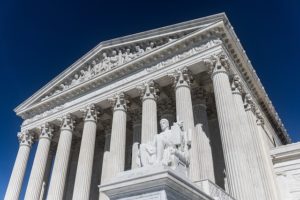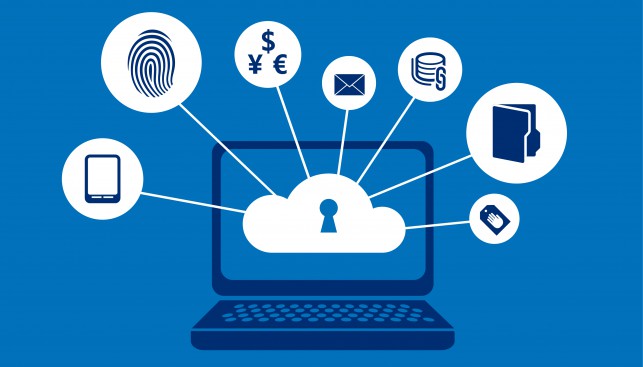 Earlier today, the U.S. Supreme Court heard arguments in Microsoft’s data privacy case against the U.S. government. This historic case has the potential to impact privacy rights, international relations, and trust in technology.
Earlier today, the U.S. Supreme Court heard arguments in Microsoft’s data privacy case against the U.S. government. This historic case has the potential to impact privacy rights, international relations, and trust in technology.
Today’s hearing also clearly shined a light on the need for Congress to update our nation’s data privacy laws to reflect today’s technology. Justice Ruth Bader Ginsberg observed, “All agree that in 1986 no one heard of the cloud…. Wouldn’t it be wiser to let Congress regulate in this brave new world?”
This point is also echoed by Microsoft President and Chief Legal Officer Brad Smith in his latest blog post about the case, “A Problem Congress Should Solve”:
“We can’t rely on laws written three decades ago, before the internet as we know it was invented. Ultimately the courts – including the Supreme Court – can decide only whether the Department of Justice’s approach passes muster under current law. The courts are not able to write a new law. Under the U.S. Constitution, only Congress can do that…”
And in his remarks after the Supreme Court oral arguments:
The CLOUD Act
The good news is that Congress recently proposed a solution, the bipartisan CLOUD Act (Clarifying Lawful Overseas Use of Data Act; S.2383, H.R.4943). One of the bill’s lead sponsors, Orrin Hatch (R-UT) writes that the CLOUD Act “will put the U.S. and our allies on a path to safeguarding privacy and giving law enforcement the tools it needs to investigate crime and protect us from terrorism.”
There is growing momentum behind the CLOUD Act. You can help make passage of this legislation a priority by writing Congress now.

